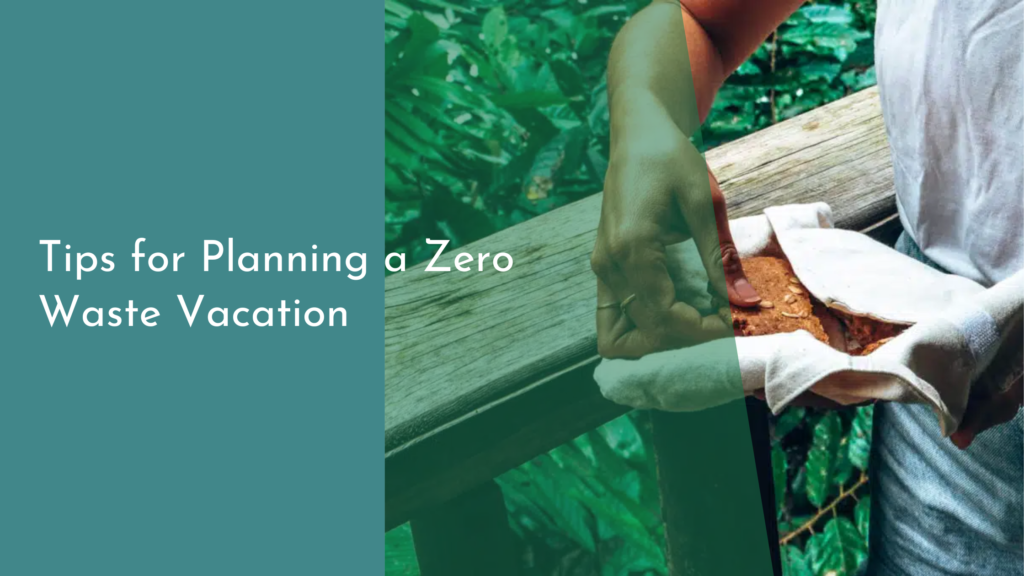How to recycle biodegradable plastics
In recent years, biodegradable plastics have emerged as an exciting alternative to traditional petroleum-based plastics. Made from natural materials like corn starch or potato starch, these innovative materials promise to reduce environmental impact by breaking down more quickly in appropriate conditions. However, the journey of biodegradable plastics doesn’t end with their purchase; it continues with proper disposal and recycling practices. This article will guide you through understanding biodegradable plastics, how to recycle them effectively, and the benefits of joining the recycling movement.
Understanding Biodegradable Plastics: A Quick Overview
Biodegradable plastics are designed to break down more easily than conventional plastics, typically within a few months to a couple of years, depending on environmental conditions. They are made from renewable resources, such as plant-based materials, which makes them an attractive alternative for reducing plastic waste. However, not all biodegradable plastics are created equal; some require industrial composting facilities to decompose efficiently, while others can break down in home composting systems. Understanding these nuances is crucial for effective recycling.
The labeling of biodegradable plastics can often be confusing. Terms like “compostable,” “biodegradable,” and “oxo-biodegradable” are frequently used interchangeably, but they each denote different characteristics. Compostable plastics decompose into non-toxic components in a composting environment, while biodegradable plastics might not break down in landfills. It’s important to familiarize yourself with these terms to ensure you’re disposing of them in the right way, contributing to a cleaner environment.
Step-by-Step Guide to Recycling Biodegradable Plastics
Recycling biodegradable plastics begins with checking if your local recycling program accepts them. Many curbside recycling services do not process biodegradable plastics, so it’s essential to verify their policies. Once you’ve confirmed acceptance, the next step is to clean the biodegradable items before placing them in the recycling bin. Just like traditional plastics, any food residue can contaminate the recycling stream, meaning a good rinse can go a long way in ensuring successful recycling.
If your local recycling program does not accept biodegradable plastics, don’t despair! You have alternatives. Consider composting them if they are labeled as compostable. Home or community composting systems can process many types of biodegradable plastics under the right conditions. If composting isn’t an option, seek out specialized facilities that focus on recycling biodegradable plastics, where they can be processed correctly. By knowing your options, you can effectively contribute to the recycling ecosystem.
Tips for Proper Disposal: Do’s and Don’ts to Remember
When it comes to disposing of biodegradable plastics, adhering to a few simple do’s and don’ts can make a significant impact. Do ensure that the biodegradable products you use are indeed designed for your local composting or recycling facilities. If unsure, consult the product label or check with local authorities for guidance. Don’t place biodegradable plastics in regular recycling bins if they aren’t accepted, as this can contaminate the recycling stream and lead to more waste.
In addition, keep in mind the importance of cleanliness. Do rinse and clean biodegradable plastics before disposal to remove any food particles that can attract pests or cause decay during recycling. Don’t mix biodegradable plastics with regular plastics, as this can confuse the sorting process. Staying informed and following these dos and don’ts can help ensure that biodegradable plastics are disposed of correctly and sustainably.
Join the Movement: Benefits of Recycling Biodegradable Plastics
By participating in the recycling of biodegradable plastics, you are playing an essential role in reducing waste and promoting a sustainable future. Recycling these materials helps conserve natural resources, lowers greenhouse gas emissions, and decreases the overall volume of waste that ends up in landfills. As biodegradable plastics decompose more quickly, they can contribute to healthier soil and a cleaner environment, promoting biodiversity and ecological balance.
Moreover, engaging in the recycling movement can inspire others to follow suit. Sharing your knowledge about biodegradable plastics and their proper disposal can lead to greater community awareness and action towards sustainability. Every small effort counts, and when we all contribute, we can collectively make a significant difference. So, why not join the movement and lead the charge for a greener planet?
Recycling biodegradable plastics is not only beneficial for the environment but also an empowering practice for individuals and communities alike. By understanding these materials and following proper disposal guidelines, we can all contribute to a healthier planet. Remember, every small action counts when it comes to sustainability. So, let’s embrace the joy of recycling and do our part in creating a cleaner, greener future for generations to come!

